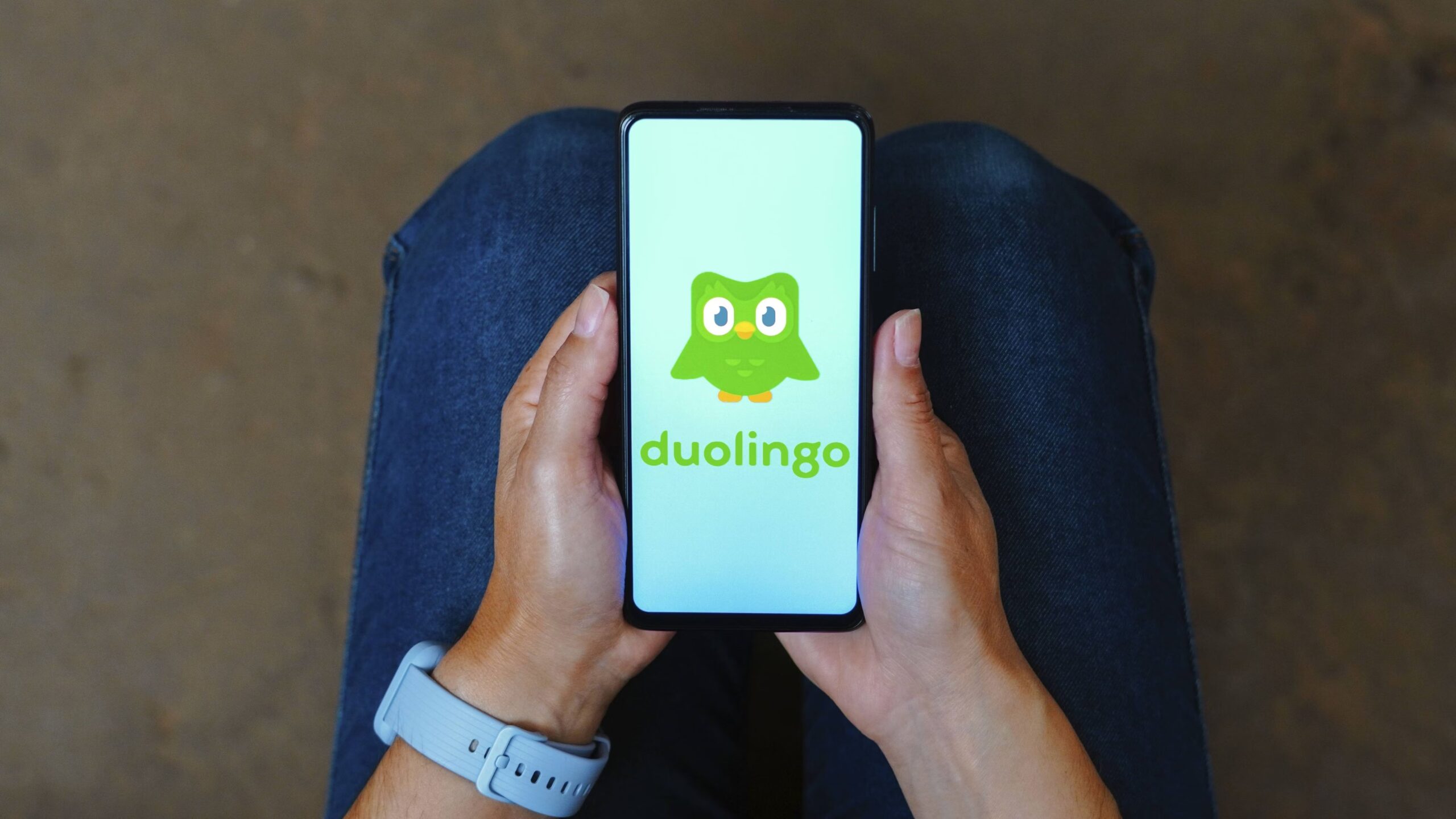
Duolingo announced Wednesday that it exceeded quarterly revenue expectations, even as it faced backlash over its decision to prioritize generative AI over human workers. Shares of the language-learning app jumped nearly 30% following the news.
In April, CEO Luis von Ahn declared Duolingo would become an “AI-first” company, phasing out its use of contract workers and discouraging most new hires unless automation wasn’t possible. Using generative AI, Duolingo launched 148 new language courses — more than twice its previous offering.
“Without AI, it would take us decades to scale our content to more learners,” von Ahn said at the time. “We owe it to our learners to get them this content ASAP.”
Growth Despite Backlash
Some users argue that AI changes have made the app worse, but Duolingo’s results tell another story. The company now expects annual revenue to surpass $1 billion, and daily active users have grown 40% compared to last year. Growth came in at the lower end of the company’s 40–45% forecast, which von Ahn attributed to social media backlash over his AI comments.
To improve sentiment, Duolingo shifted its online presence:
- Moved away from “edgy” posts
- Focused on content aimed at generating positive reactions
On TikTok, many top comments on Duolingo’s videos continue to mock its AI-first approach. Some ask if videos with multiple people are AI-generated, prompting replies from the company clarifying that they were made by its creative team.
Despite the criticism, Duolingo’s earnings show little sign that the controversy has hurt its bottom line.
Author’s Opinion
Duolingo’s performance proves that a company can face heavy criticism and still thrive if its strategy drives results. Many users remain skeptical of its AI-first approach, but the revenue and user growth suggest the business is prioritizing scale and efficiency over pleasing every critic — and it’s paying off financially.
Featured image credit: Heute
For more stories like it, click the +Follow button at the top of this page to follow us.
